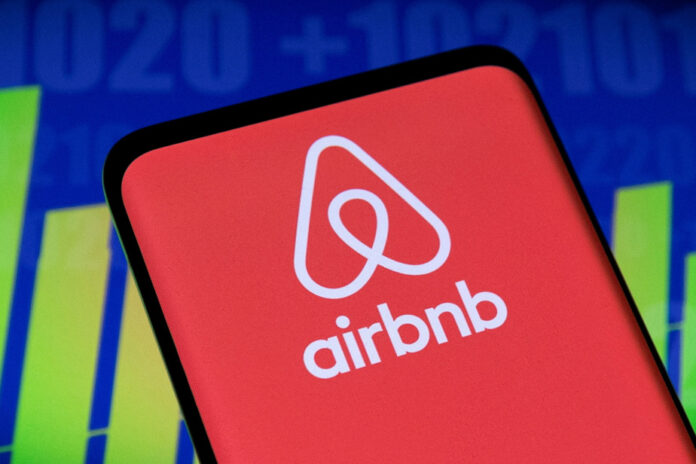(Montreal) Certain rules of Bill 25 aimed at combating illegal tourist accommodation will come into force on September 1. Offending platforms could have to pay up to $100,000 per illegal ad.
Starting September 1, digital platforms like Airbnb will be prohibited from showing a listing that does not contain a certificate registration number and expiration date.
Registration certificates are issued by the Corporation de l’industrie touristique du Québec, the Fédération des pourvoiries du Québec or Camping Québec, depending on the type of establishment.
In an interview with La Presse Canadienne, Minister of Tourism Caroline Proulx issued a warning to digital companies like Airbnb: , will be watching you”.
Law 100, which came into effect in 2022, made it mandatory to register one’s home for short-term rental, but it is widely flouted: in the spring, only 30% of housing advertisements were legal in Quebec, according to the Ministry of Tourism.
In Montreal, the number of homeowners who do not respect the rules is so large that the City launched a squad two weeks ago to counter illegal tourist accommodation establishments.
But Minister Proulx explained that the new rules will make hosting platforms accountable by requiring them to ensure the compliance of all the hosts they host, failing which they are exposed to fines of up to $100,000 per illegal ad.
In an interview, Caroline Proulx recalled that Prime Minister François Legault gave her the mandate to stimulate tourism revenues.
“I think the backbone of the tourism industry, which is the hoteliers, are going to be happy about it [the new rules come into effect] and then they’re going to be more than happy to welcome tourists to Quebec,” said the Minister.
In an email exchange, La Presse Canadienne asked Airbnb on Thursday whether it intended to comply with the law as of September 1.
Through policy advisor Camille Boulais-Pretty, the company said it “continues to work toward the September 1 deadline” and is “looking forward to working with the province in the months to implement a technological solution to comply with the law”.
However, Airbnb added that “without access to government data to verify host information against official government records, platforms cannot reliably guarantee the validity of the host registration number.”
The government also plans to put in place, in the coming months, “two technological solutions that will allow digital accommodation platforms to carry out the necessary checks on an ongoing basis”, in addition to establishing “a public register of tourist accommodation establishments », which should facilitate the verification of the conformity of rental offers.
In addition to requiring digital platforms to ensure that the registration number of the tourist accommodation establishment displayed in an accommodation offer is valid, that the expiry date of the registration certificate appears therein, the new legislation will also require operators of digital hosting platforms to designate a representative established in Quebec, under penalty of fines of up to $20,000.
Airbnb has been in the spotlight since the fire of a heritage building located in Old Montreal last spring, in which there were several apartments displayed on the platform even if this type of rental is illegal in this sector.
Search teams found seven bodies in the rubble of the building where 22 people were when the fire broke out.















